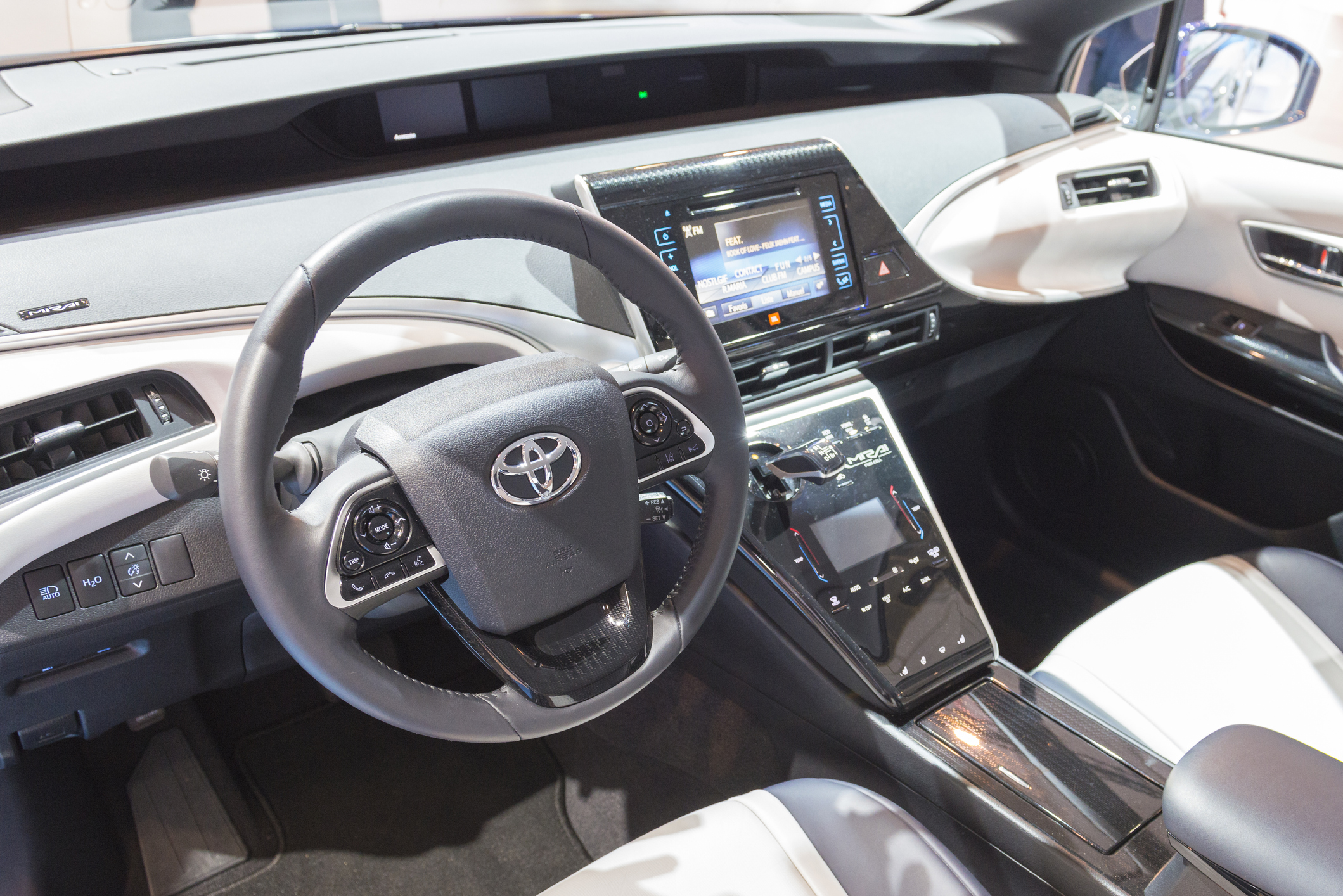Understanding the Range Claim Issue
The Toyota Mirai, a pioneering hydrogen fuel cell vehicle, has been marketed with impressive range claims. Toyota advertises that the Mirai can achieve over 400 miles on a single tank of hydrogen. However, many owners have reported that the actual range falls significantly short of this claim, leading to frustration and disappointment.
Causes of Misleading Range Claims
Ideal vs. Real-World Conditions: The advertised range of 400 miles is often based on ideal driving conditions that do not reflect everyday usage. Factors such as driving habits, terrain, weather conditions, and the use of auxiliary systems like air conditioning can all impact the actual range of the Mirai.
Hydrogen Fuel Quality: The quality and purity of hydrogen fuel can vary, affecting the efficiency of the fuel cell system. Impurities in the hydrogen can lead to reduced performance and lower range. Ensuring consistent and high-quality hydrogen fuel is crucial for achieving the advertised range.
Software and Calibration Issues: The Mirai relies on advanced software to manage the fuel cell system and calculate range. Any glitches or inaccuracies in the software can result in incorrect range estimates. Proper calibration and regular software updates are essential to maintain accurate range predictions.
Implications for Safety and Usability
The discrepancy between the advertised and actual range can pose significant challenges for Mirai owners. Unexpectedly running out of hydrogen can leave drivers stranded, particularly in areas with limited hydrogen refueling infrastructure. This undermines the vehicle’s reliability and practicality, especially for long-distance travel.
Furthermore, the misleading range claims can erode trust in the brand. Owners who feel deceived by the advertised range may be reluctant to consider Toyota for future vehicle purchases. This impacts customer loyalty and the brand’s reputation in the competitive automotive market.
Addressing the Issue
Owners experiencing significantly lower range than advertised should document their experiences and consider seeking independent advice on improving efficiency. Sharing these experiences through online forums and consumer advocacy groups can help raise awareness and support collective action. Legal recourse may also be an option for those who feel significantly misled by the range claims.
Conclusion
The misleading range claims of the Toyota Mirai present significant safety and reliability concerns. If you encounter this issue, it is crucial to seek legal assistance and hold Toyota accountable for their advertising practices. Legal action can compel Toyota to address these issues and ensure accurate information is provided to all consumers, safeguarding the interests of current and future Mirai owners.




